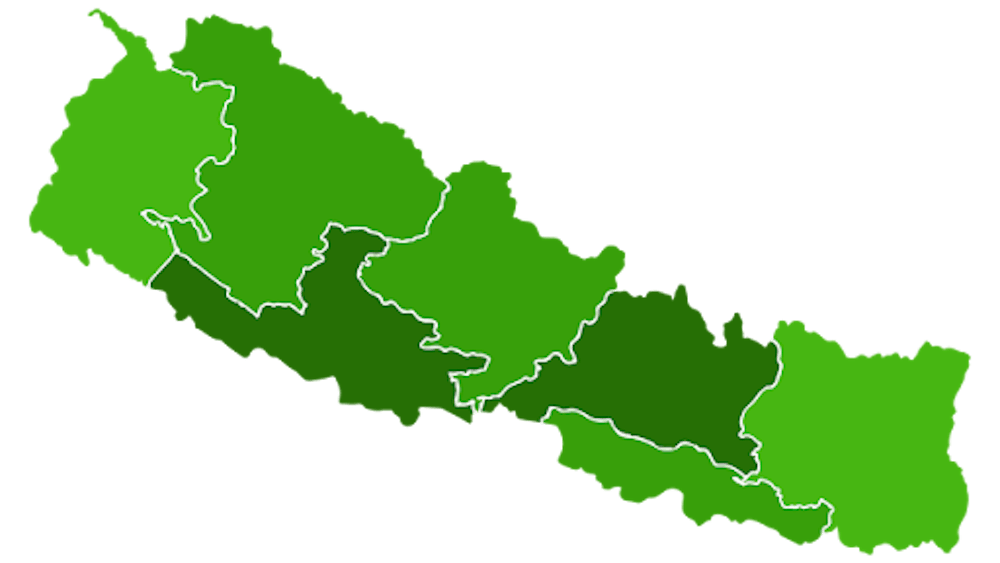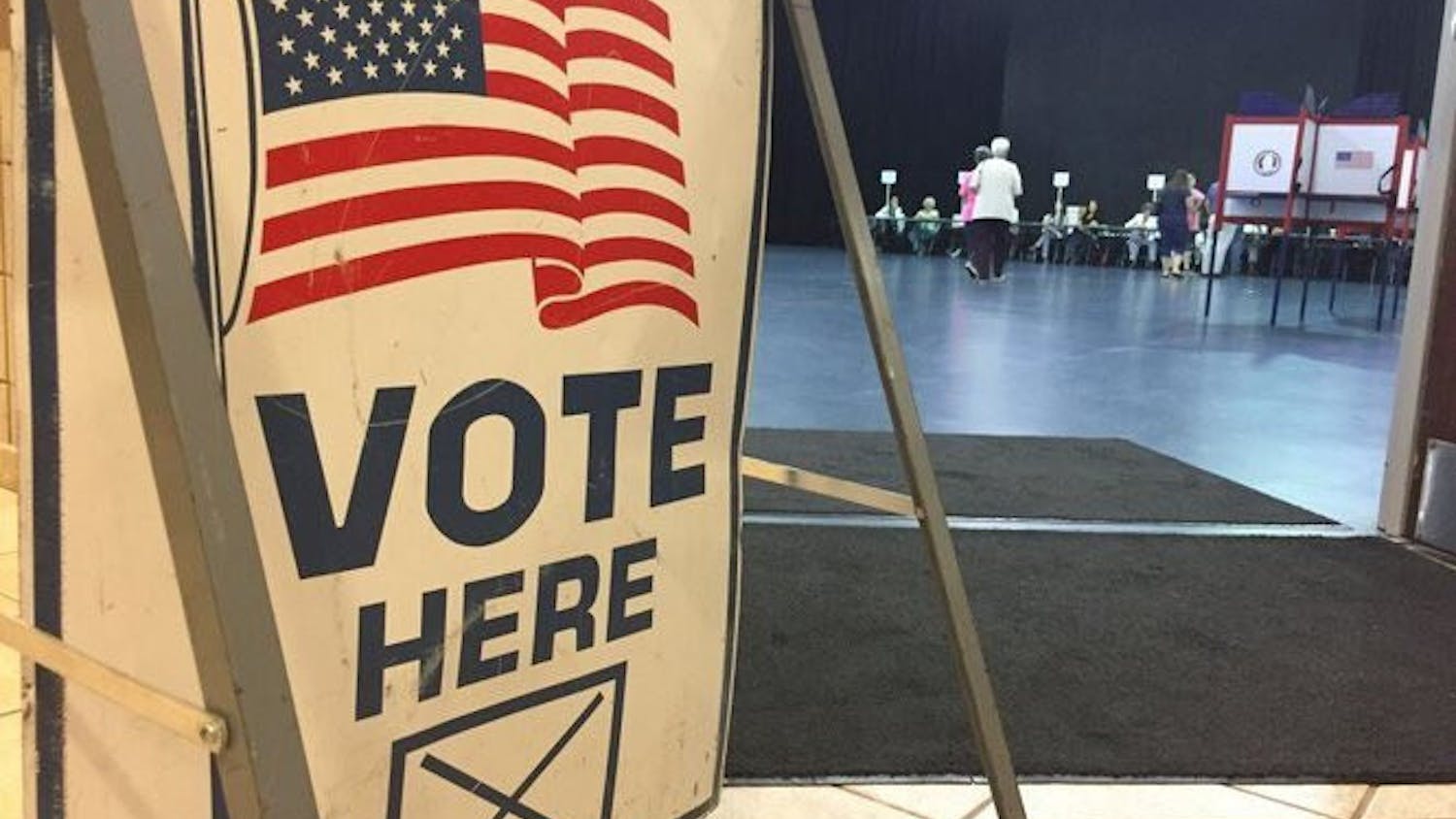By Violet Hollar
Correspondent
A Gen Z movement in Nepal sparks protests against governmental corruption and a social media ban, leading to 22 deaths, multiple resignations and a fire at the parliament building, according to BBC.
Protests began the first week of September after the Nepali government banned 26 social media apps, including WhatsApp and Instagram. The bans were triggered by the apps’ refusal to register with Nepal’s Ministry of Communication and Information Technology, according to the BBC.
The bans were the final straw for Gen Z Nepali people who had been battling against youth unemployment and governmental corruption since early 2024.
The protesters, most of whom were aged 13-28, formed a movement to combat the social media ban, governmental corruption and the wealth disparity affecting the country’s youth. The demonstrations began with the focus of accountability from “nepo-babies” flaunting their wealth on social media, with little response from the Nepalese government about the economic crisis affecting Nepali people.
The protests turned violent when protesters began clashing with police, who, according to CNN, used live ammunition, water cannons and tear gas against the protesters. The clashes between police and protesters continued to escalate the situation, when on Sep. 9, protesters began pushing through restricted areas near the capital of Kathmandu.
The escalating protests and tension led to a full governmental collapse with the Prime Minister resigning, leaving the power of the government to the Nepali military. Authorities in Nepal enforced a curfew and ban on large gatherings; however, the movement disregarded the enforcements, breaching the capital and setting multiple buildings aflame.
On Sep. 10, the Supreme Court and Palace Complex in Nepal were set on fire. The movement moved back online, where the burning buildings were posted to social media platforms like TikTok.
With the power in Nepal mostly in the hands of the military, according to the New York Times, the Gen Z movement has begun rallying behind Sagar Dahkal, a former political candidate, and Kul Man Ghising, an ex-CEO, through Discord chatrooms. The social media platform now acts as a makeshift government for the country.
Nepali citizens utilized Discord to elect Sushila Karki, a former chief justice, to represent the movement to the country’s army. According to the New York Times, the Gen Z Nepali citizens on Discord wanted to hold a mini-election for an interim leader, but did not claim to represent the entire country.
The server rapidly grew to over 145,000 members and attempted some democratic votes, but found it impossible due to the hundreds of thousands of opinions.
Although the Discord movement lacked organization, it was an effective first step to resolving the disputes between protesters and the Nepali government. The Gen Z elected Karki is now serving as the first female prime minister of Nepal, as the country rebuilds following the massive demonstrations.










